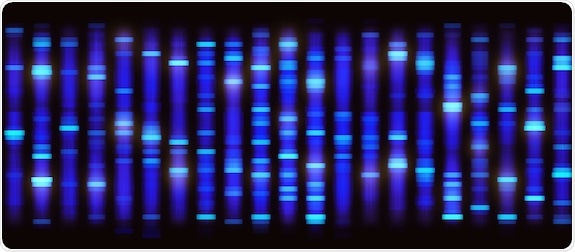All the cells found in the body of an individual have the same genetic code. The cells get their identities by the reading and writing of this code—the “turning on” and “turning off” of particular genes in certain cells.

Image Credit: McGill University.
In a disastrous situation, for instance, where the genes encoding the stomach’s digestive enzymes are turned on in the retinal cells of the eye and start devouring the surrounding tissue, one way in which a cell turns off particular genes is through the reversible addition to the DNA of a tiny chemical known as a methyl group at the exact location of that particular gene.
Researchers are aware that genes with an excess of such “DNA methylation” are “turned off” and that genes with less of this methylation are “turned on.” However, so far, it has been impossible to control the DNA methylation levels at particular genes, and thus, there are still many questions on what certain instances of DNA methylation do, how they take part in normal cellular function, and how their dysregulation causes diseases.
Scientists from McGill University have shown how they could remove particular instances of DNA methylation at certain genes in mouse and human cells grown in culture through CRISPR/Cas9 genome editing technology. The new study has been published in Nature Communications.
They have demonstrated that it is possible to target this DNA “de-methylation” activity anywhere in the DNA—any gene of interest—without the need to edit the genetic code, and without any off-target activity at undesirable locations in the DNA.
The team has also discussed the techniques required to achieve complete elimination of DNA methyl marks believing that researchers across the globe can use this new technology to start finding actionable instances where genes that should be on have been turned off by DNA methylation—for example, the insulin gene in diabetes—and employ this technology to determine new disease treatment models.
Source:
Journal reference:
Sapozhnikov, D M & Szyf, M (2021) Unraveling the functional role of DNA demethylation at specific promoters by targeted steric blockage of DNA methyltransferase with CRISPR/dCas9. Nature Communications. doi.org/10.1038/s41467-021-25991-9.